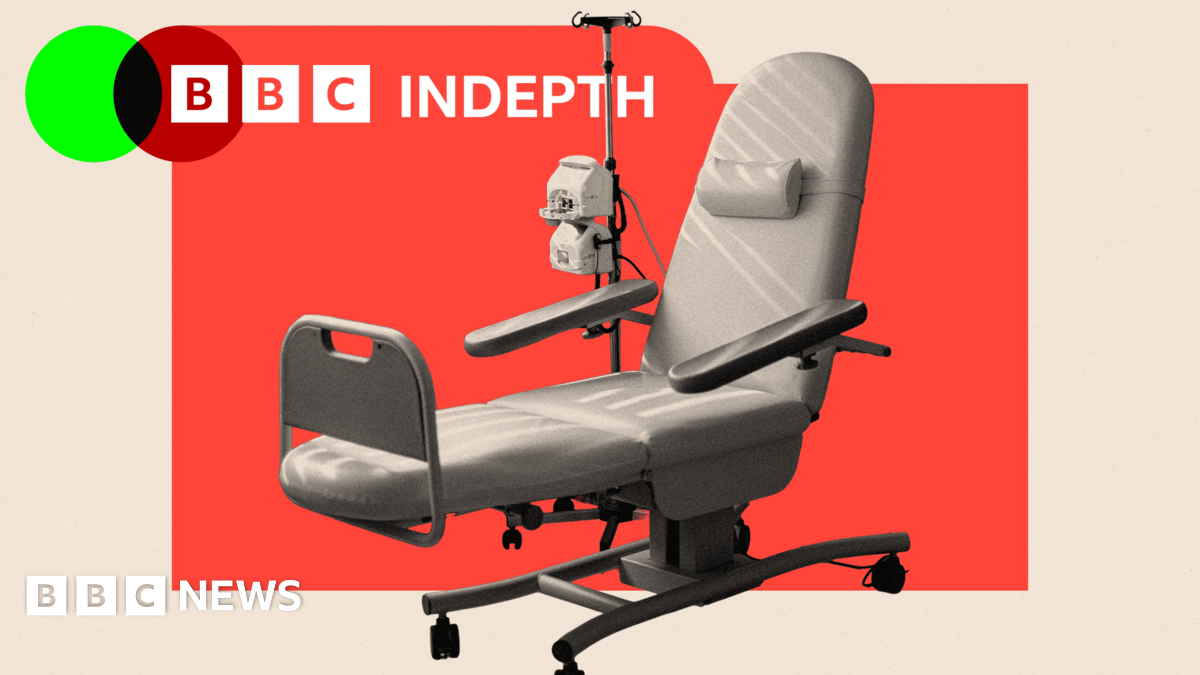The greater challenge for the NHS though, is that there are so many other problems – crowded A&E departments, overstretched staff and, as one analyst put it, “multiple fires burning” – meaning that it can be difficult to persuade health leaders to focus on cancer survival.
Ruth Thorlby, assistant director of policy at The Health Foundation think tank, says that policymakers in London and Copenhagen both realised at the same time, in the 1990s, that cancer needed urgent attention and urgent plans were drawn up.
But whilst Danish policymakers saw policies through, she argues that in the UK the momentum “dissipated”, as other priorities and short-term problems emerged.
“This is unfinished business – over the last decade there has been a move away from cancer plans,” she says.
At the heart of Denmark’s success was a sense of political consensus. From the 1990s onwards, figures from all major parties agreed that cancer should be a priority. This is a level of agreement the UK has not managed to reach, she says.
Mr Fisker of the Danish Cancer Society argues that the usual cut-and-thrust of party politics needs to be set aside. “Politicians must promise each other there is going to be a long, lasting partnership. And health leaders need to operate on a 10-, 15-, 20-year basis,” he says – longer than the life of any one government or party.
But does he think that’s possible in the UK? After all, Westminster is not known for much long-term, cross-party thinking.
“If you are really decisive, if you really want to do this and are committed to it over a period of time, and you are also ready to invest then I think it can be done,” he says.
With a pause, he adds: “Nothing comes without investment.”

